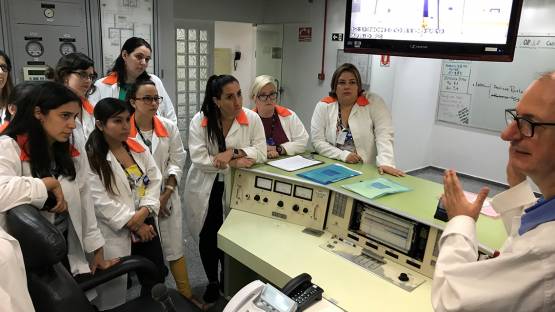Following a series of IAEA training courses implemented through the technical cooperation (TC) programme1/, young leaders working in 19 national nuclear institutions (NNIs) in Latin America and the Caribbean are better equipped to strategically plan and reliably promote the nuclear and isotopic services they provide. This will help ensure their institutions’ sustainability as commercial and research service providers.
The work of nuclear scientists and engineers supports public health, manufacturing, food production and much more. And yet, without strategic communication plans, and without a thorough understanding of market demand, the ability of NNIs to sustainability deliver those nuclear applications becomes difficult to ensure.A pilot training course, organized in November 2020, helped the participating NNIs to develop strategic communication and outreach strategies, while a subsequent three-month-long training course, concluding in February 2021, supported business continuity and sustainability planning.






